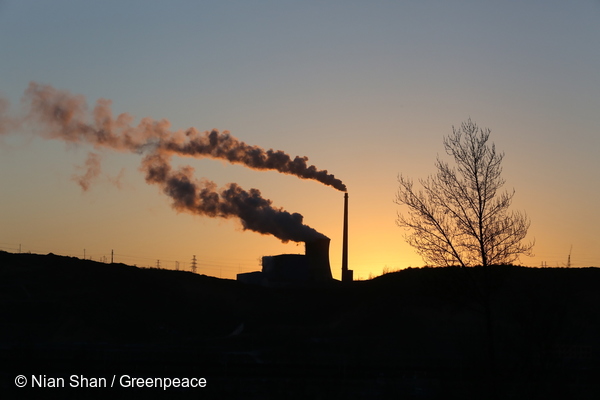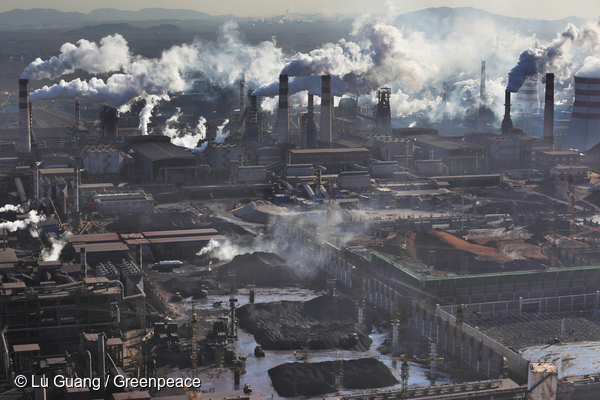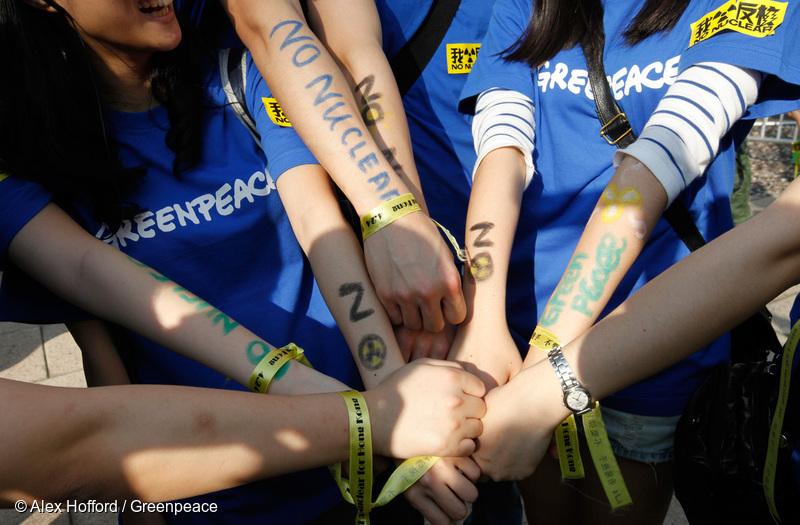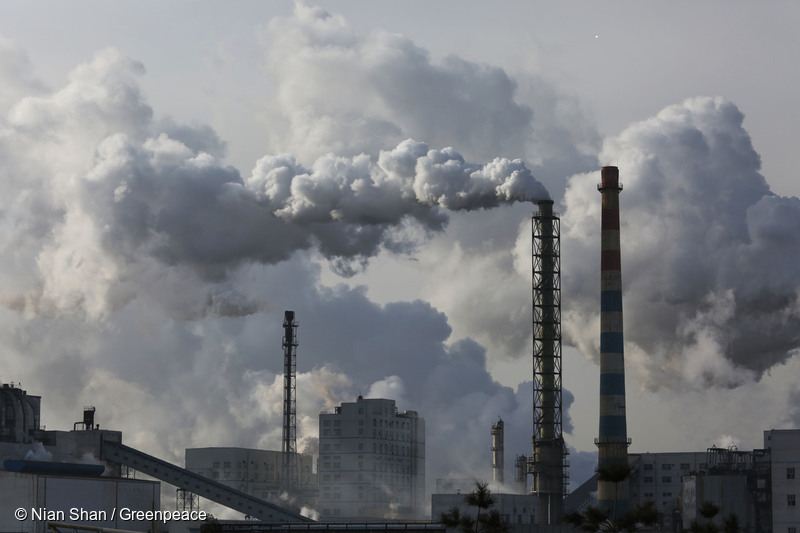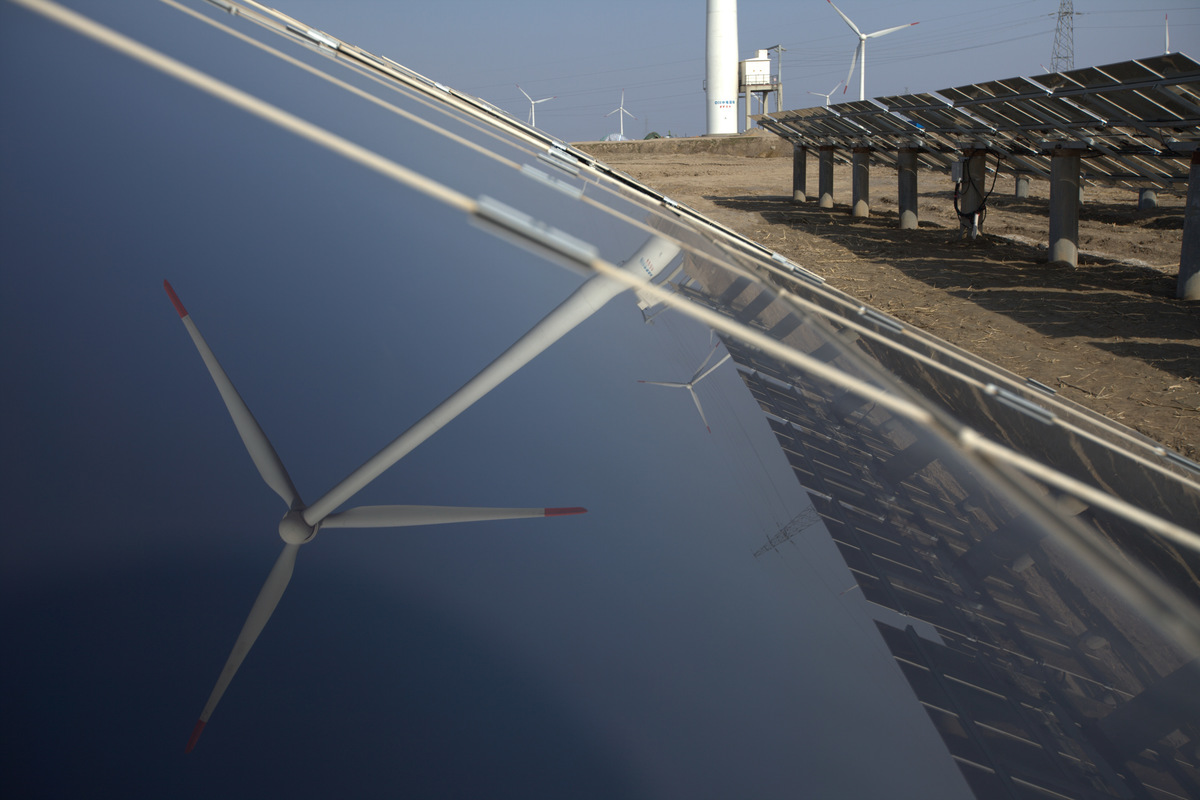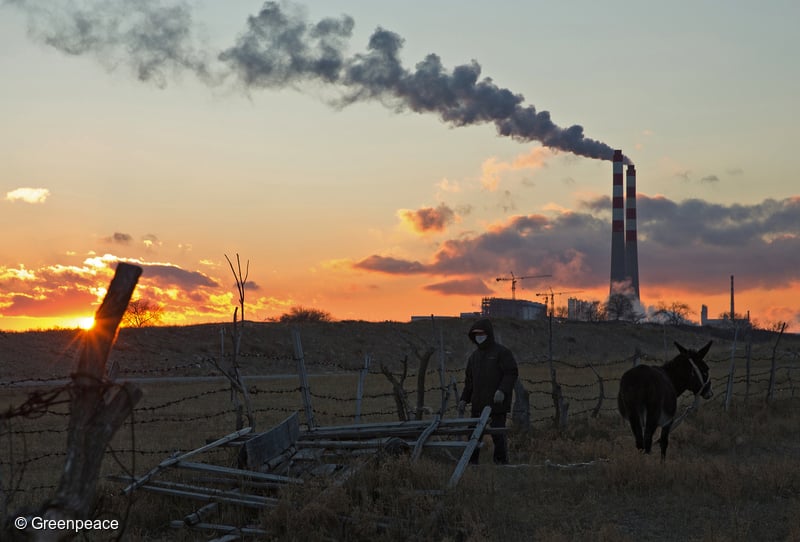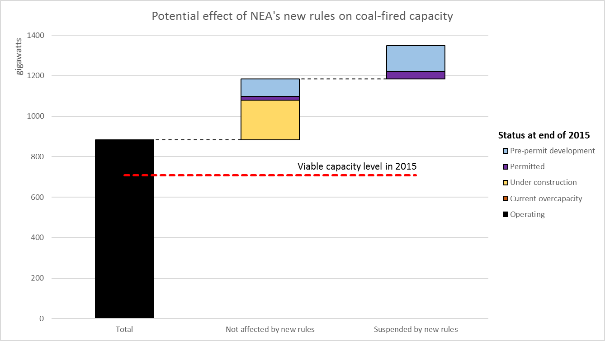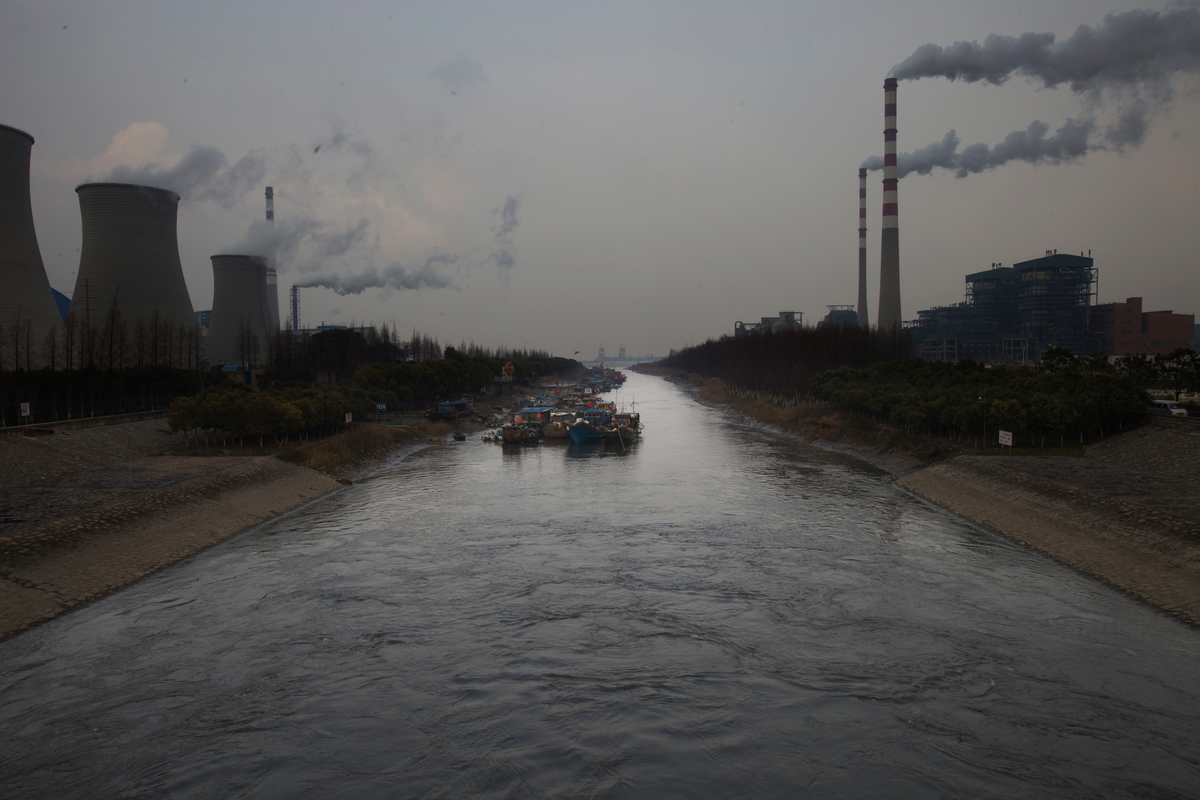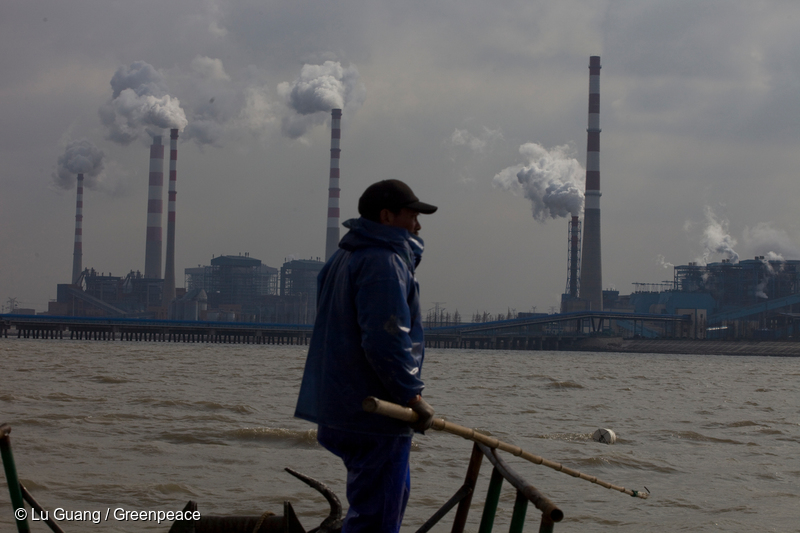All articles
-
Over 1 trillion rmb could be wasted on redundant coal power in China – Greenpeace report
Beijing, 13 July, 2016 – Beijing, 13 July, 2016 – Despite government attempts to reign in China’s coal power overcapacity crisis, Greenpeace research finds that a total of over 1 trillion rmb could be wasted on excess capacity by 2020. Despite a new overcapacity policy, China still has enough coal-fired projects in the pipeline to…
-
Greenpeace East Asia responds to IEA report on Energy and Air Pollution
Beijing, Monday June 27 - The IEA’s report on Energy and Air Pollution, released today, underlines the urgency in moving to clean forms of energy if we are to stop millions of premature deaths around the world. The WHO (World Health Organisation) estimates that 3 million people die every year from outdoor air pollution from…
-
Greenpeace calls on Hong Kong Government to demand suspension of Taishan Nuclear Plant amid safety concerns
19 April 2016, Hong Kong – Greenpeace is calling on the Hong Kong government to protect its residents and demand China suspend construction of the world’s largest nuclear reactors amid safety concerns being raised from an identical project in France. The French Nuclear Safety Authority (ASN) confirmed safety issues with a reactor under construction in…
-
Meet Wen Fang, the artivist turning pollution masks into absurd works of art
Sick of feeling helpless in the face of China’s toxic air pollution plague, Beijing based artist Wen Fang set out to tackle the problem in the only way she knew how: through her art. Two years later, her photography project ‘Maskbook’ has become a global collaborative artwork and a feature of Art of Change 21.
-
Study on Economics of Coal-fired Power Generation Projects in China Report
After analyzing the thermal-power (coal-power) related phemonenon and data of the power sector in 2015, the mismatching of use and resources remains complex. With a 2.3% annual drop in thermal power generation and only 0.5% growth in total electricity consumption, the addition of installed capacity of coal-fired plants is incompatible with demand at 52,000 megawatts…
-
Data shows China’s economy is breaking free from coal – Greenpeace
Beijing, 15 April, 2016 - A trove of data on economic performance in the first quarter of 2016, released by China’s National Bureau of Statistics this morning, shows that while China’s overall economy saw some improvement, coal use and CO2 continue to fall. Electricity consumption grew 3% year on year, but growth in non-fossil energy…
-
Boom and Bust 2016
The world has too many coal-fired power plants, yet the power industry continues to build more. While the amount of electricity generated from coal has declined for two years in a row, the industry has ignored this trend and continues to build new coal-fired generating plants at a rapid pace, creating an increasingly severe capacity…
-
China begins to suspend coal-fired power plant approvals, Greenpeace response
Beijing, 24 March, 2016 - Chinese media today reported that the country’s National Energy Administration (NEA) has ordered 13 provincial governments to suspend approvals of new coal-fired power plant projects until the end of 2017. [1] Another group of 15 provinces has been ordered to delay new construction of projects that have already been approved.…
-
45% of China’s coal-fired power plants in areas of ‘water over-withdrawal’, Greenpeace
Beijing, 22 March, 2016 – 45% of coal-fired power plants in China are located in areas of ‘water over-withdrawal’, a ground-breaking Greenpeace study of the coal industry’s impact on the global water crisis shows. Every year these power plants consume quantities of water equivalent to the basic requirements of 186 million people. Moreover, 48% of…
-
How the Coal Industry is Aggravating the Global Water Crisis
In its Global Risks Report 2015, the World Economic Forum stated “water security is one of the most tangible and fastest-growing social, political and economic challenges faced today.”1 Out of all industrial production, the coal industry represents one of the greatest demands on fresh water resources. The entire coal supply chain, including extraction, washing, coal-fired…

